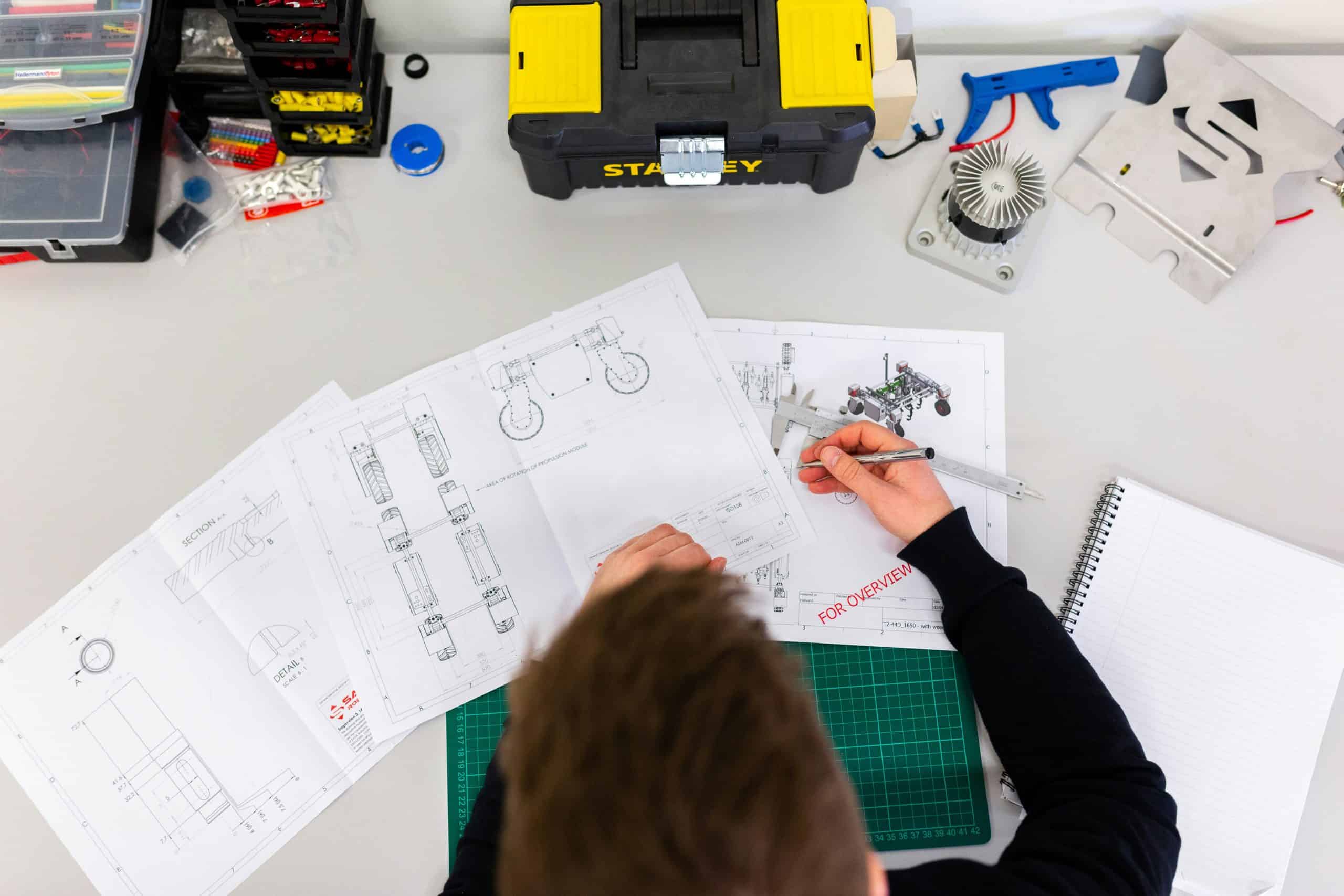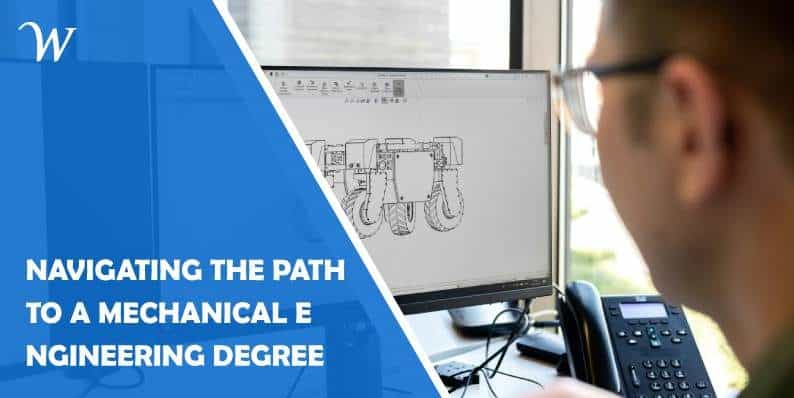Navigating the Path to a Mechanical Engineering Degree
Embarking on the journey to obtain a mechanical engineering degree is an exciting and rewarding endeavor. Aspiring engineers are drawn to this field for its endless possibilities, from designing cutting-edge technology to solving complex real-world problems. However, the path to earning a mechanical engineering degree can be challenging and requires careful planning and dedication. In this comprehensive guide, we’ll explore the essential steps and considerations for navigating the path to a mechanical engineering degree, helping students embark on their educational journey with confidence and clarity.

Understanding Mechanical Engineering
Before diving into the specifics of pursuing a mechanical engineering degree, it’s essential to understand what mechanical engineering entails. Mechanical engineering is a diverse and interdisciplinary field that encompasses the design, analysis, and manufacturing of mechanical systems and components. Mechanical engineers apply principles of mathematics, physics, and materials science to develop innovative solutions for a wide range of industries, including aerospace, automotive, robotics, and renewable energy.
Step 1: Choose the Right Educational Path
The first step in pursuing a mechanical engineering degree is choosing the right educational path. Mechanical engineering programs are offered at various levels, including associate’s, bachelor’s, master’s, and doctoral degrees. For most aspiring engineers, earning a bachelor’s degree in mechanical engineering is the typical starting point. Bachelor’s programs typically take four years to complete and provide a comprehensive foundation in core engineering principles and specialized coursework.
Step 2: Research and Select Accredited Programs
Once you’ve decided on the educational level you wish to pursue, it’s essential to research and select accredited mechanical engineering programs. Accreditation ensures that the program meets established standards of quality and rigor set by accrediting bodies such as ABET (Accreditation Board for Engineering and Technology). Look for programs with a strong reputation, experienced faculty, and a robust curriculum that aligns with your academic and career goals.
Step 3: Prepare for Admission Requirements
Before applying to mechanical engineering programs, it’s important to familiarize yourself with the admission requirements and prepare accordingly. Admission criteria may vary depending on the institution but typically include factors such as academic transcripts, standardized test scores (e.g., SAT or ACT), letters of recommendation, and a personal statement or essay. Be sure to review each program’s specific requirements and deadlines to ensure a smooth application process.

Step 4: Excel in Your Coursework
Once admitted to a mechanical engineering program, it’s time to dive into your coursework and excel academically. The mechanical engineering curriculum typically includes a mix of foundational courses in mathematics, physics, and engineering principles, as well as specialized courses in areas such as thermodynamics, fluid mechanics, mechanics of materials, and mechanical design. Stay organized, manage your time effectively, and seek assistance from professors or tutors as needed to succeed in your coursework.
Step 5: Gain Practical Experience through Internships or Co-ops
In addition to academic coursework, gaining practical experience through internships or cooperative education (co-op) opportunities is essential for aspiring mechanical engineers. Internships and co-ops provide valuable hands-on experience in real-world engineering environments, allowing students to apply theoretical knowledge to practical problems, develop technical skills, and build professional networks. Seek out internships or co-op programs offered by engineering firms, government agencies, or research institutions to enhance your resume and gain valuable industry experience.
Step 6: Participate in Extracurricular Activities and Professional Organizations
Engaging in extracurricular activities and joining professional organizations can further enrich your educational experience and enhance your career prospects. Participate in engineering clubs, student chapters of professional organizations (e.g., ASME – American Society of Mechanical Engineers), and engineering competitions to develop leadership skills, network with peers and professionals, and stay current on industry trends and developments. Involvement in extracurricular activities demonstrates initiative, teamwork, and a passion for engineering, all of which are attractive to prospective employers.
Step 7: Consider Advanced Education or Professional Certification
Upon completing your mechanical engineering degree, you may choose to pursue advanced education or professional certification to further specialize in a particular area of interest or advance your career. Graduate programs such as master’s or doctoral degrees offer opportunities for advanced study and research in specialized fields of mechanical engineering, while professional certifications such as the Professional Engineer (PE) license demonstrate expertise and competency in the field. Consider your long-term career goals and aspirations when deciding whether to pursue advanced education or certification.
In conclusion, pursuing a mechanical engineering degree is an exciting and rewarding journey that requires careful planning, dedication, and perseverance. By choosing the right educational path, researching accredited programs, preparing for admission requirements, excelling in coursework, gaining practical experience, participating in extracurricular activities, and considering advanced education or certification, aspiring engineers can navigate the path to a mechanical engineering degree with confidence and clarity. Embrace the challenges and opportunities that lie ahead, and embark on your educational journey with passion, determination, and a commitment to excellence.
- Accessible Web Design for Visually Impaired Users - February 5, 2025
- How to Unlink Facebook from Instagram: A Complete Guide - January 11, 2025
- How to Install Balena Etcher on Kali Linux - January 8, 2025
Where Should We Send
Your WordPress Deals & Discounts?
Subscribe to Our Newsletter and Get Your First Deal Delivered Instant to Your Email Inbox.



